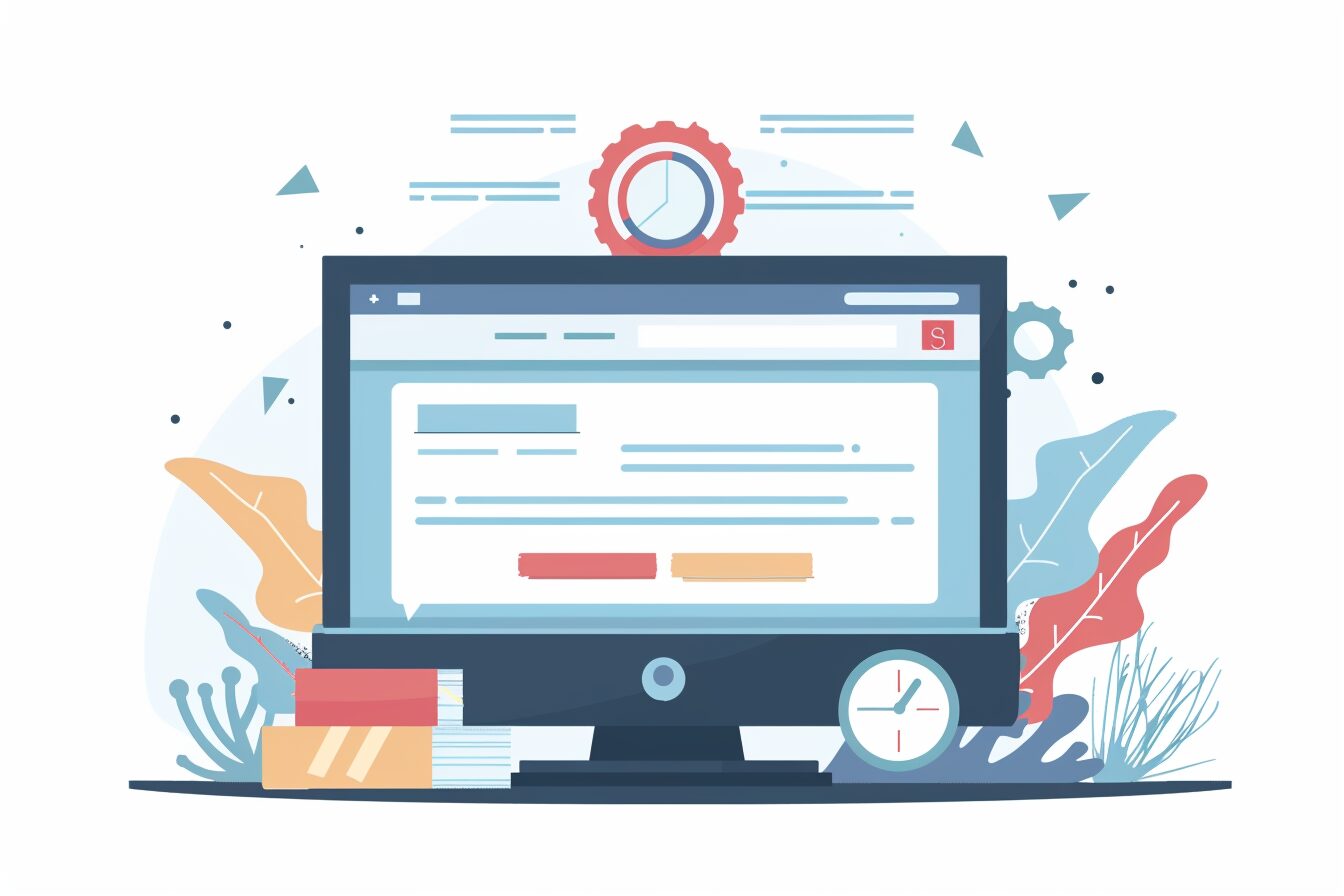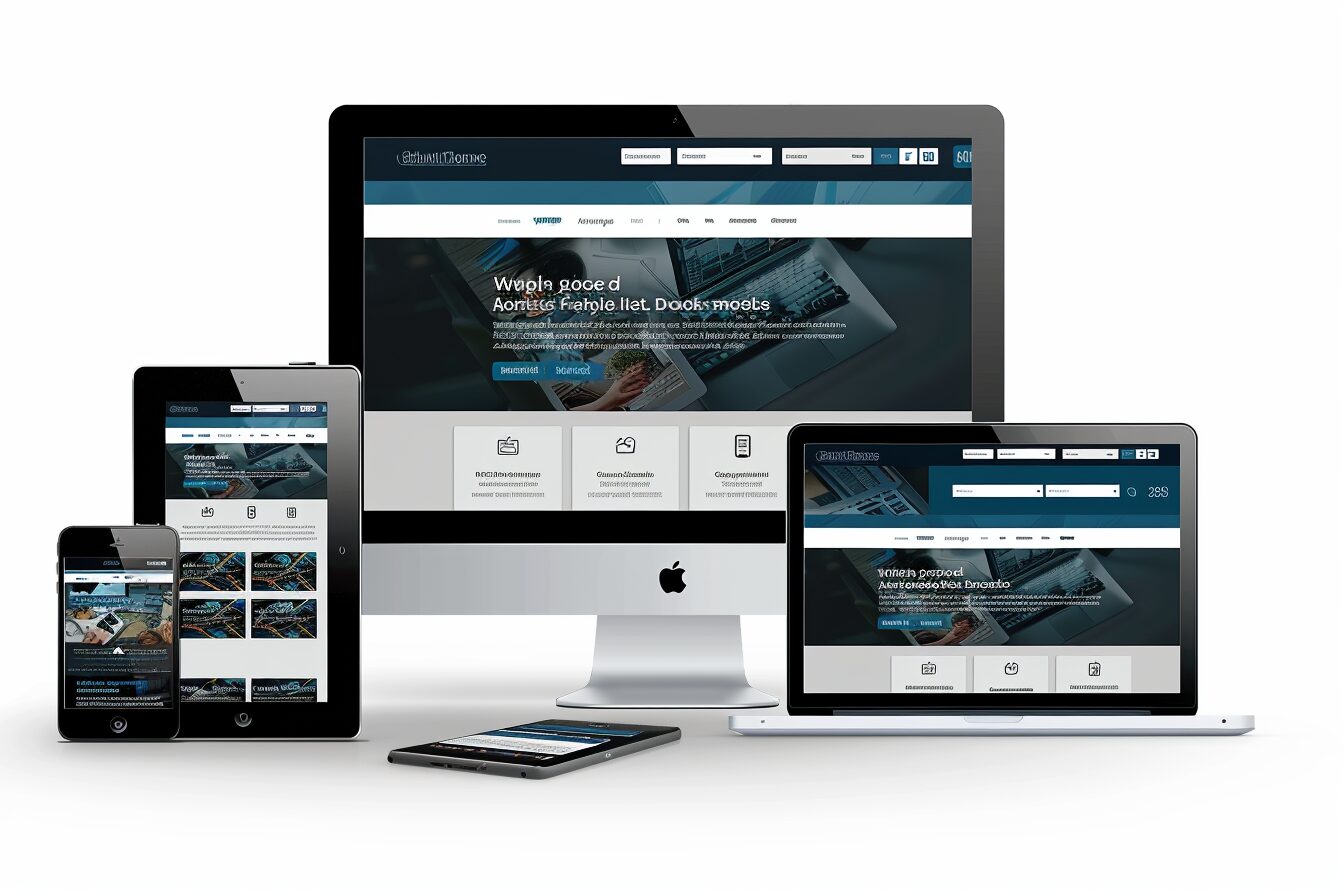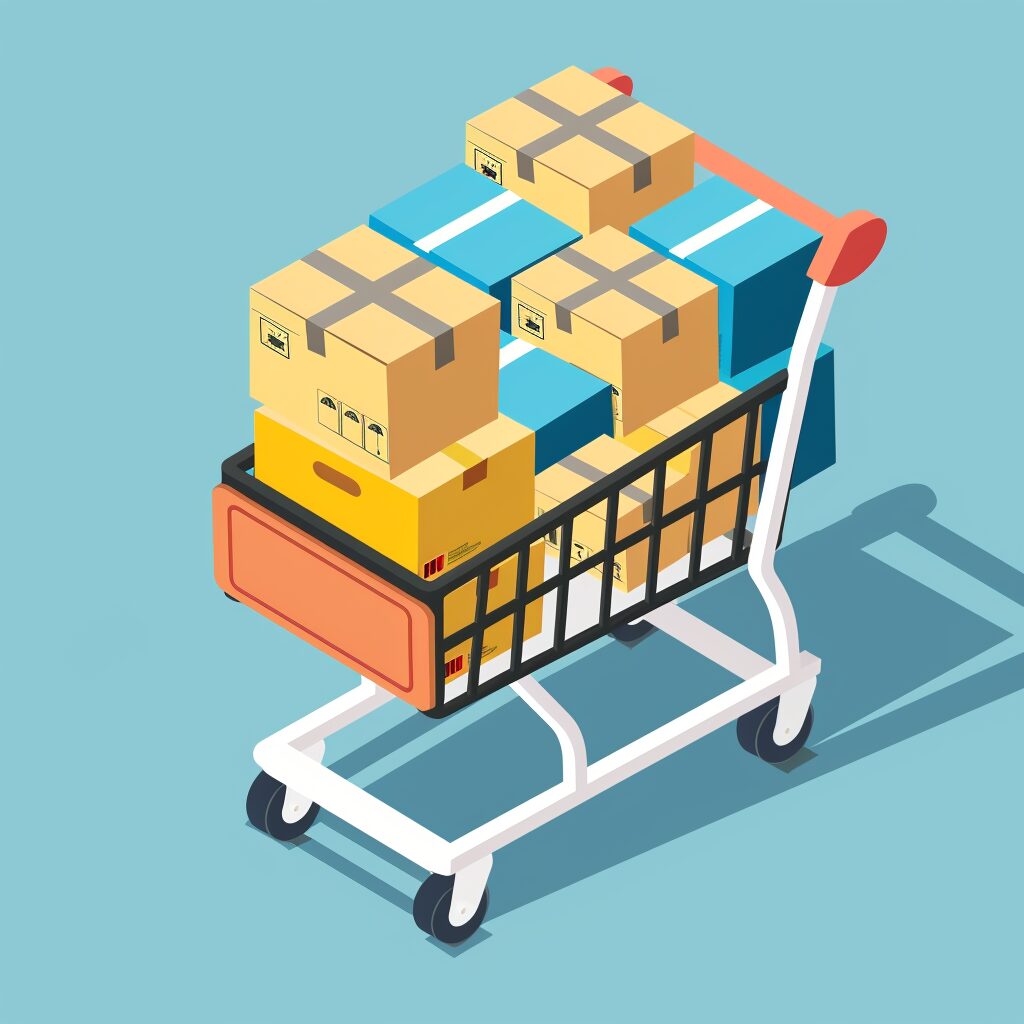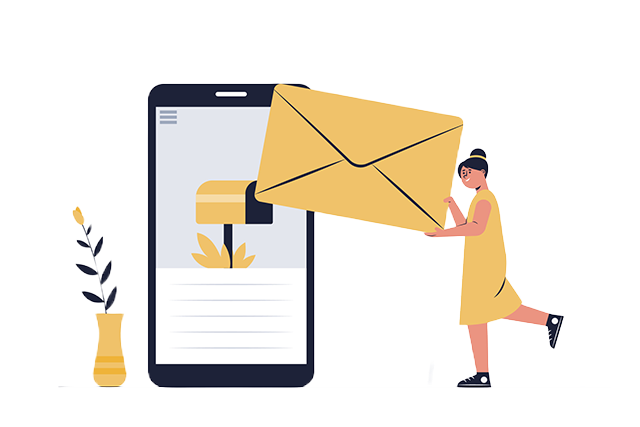Understanding the Importance of WooCommerce Security
As one delves deeper into the realm of online business, the prominence of WooCommerce, an open-source plugin for WordPress designed to facilitate e-commerce, cannot be overlooked. Serving millions of e-commerce websites globally, WooCommerce allows business owners to easily establish and manage online stores. Its extensive range of functionalities and customizability make it an attractive choice, whether a small enterprise or a multinational corporation, irrespective of venture scale.
Yet, with increasing digitization and access to e-commerce, the security challenges in the cyber world are also escalating. It is here that the necessity of WooCommerce security comes into play. Maintaining a secure WooCommerce platform is not merely a recommendation but an absolute imperative to protect sensitive data, including customers’ data. A breach could lead to financial losses, compromise customer trust, and critically damage a business’s reputation. Therefore, WooCommerce security is fundamentally crucial towards ensuring business continuity and the overall success of an online commercial operation.
The Potential Risks and Threats to Your WooCommerce Site
Understanding the potential risks and threats to a WooCommerce site is crucial for maintaining an efficient and reliable virtual marketplace. Multiple security issues such as malware, SQL injections, phishing attacks, and cross-site scripting can hinder your website’s capability, directly impacting your business’s revenue and reputation in the market. Digital vulnerabilities can put sensitive information at risk, including confidential customer data, payment details, and purchase history.
In addition to these threats, DDoS (Distributed Denial of Service) attacks are also a significant concern, as they can cause your website to be temporarily or indefinitely unavailable. Unsecured user accounts, outdated themes and plugins, and weak passwords can further expose your WooCommerce site to potential breaches. If not addressed promptly and effectively, these vulnerabilities can cause irreversible damage to your brand’s credibility and profitability.
Setting Up User Permissions and Roles for Enhanced Security
Managing the level of access that different users have to your WooCommerce site is imperative to maintaining solid security. This process, commonly known as assigning user permissions and roles, dictates how individual users can interact with your site’s backend. For instance, a general user or visitor on your site should not have the same access privileges as an administrator who requires full access to all areas to carry out their duties.
With WooCommerce, you can create and manage user roles such as customer, shop manager, and administrator. Each role is provided with specific capabilities; this ensures only the right individuals have privileges to perform certain tasks. For instance, an administrator will have complete control over the WooCommerce store, whereas a shop manager’s control might be limited to managing orders and reports. Controlling user permissions and roles effectively can prevent unauthorised access and potential mishandling of sensitive data.
The Role of Regular Backups in WooCommerce Security
Having an up-to-date backup of your WooCommerce site can prove invaluable in the event of an unexpected security breach or data loss scenario. A backup refers to a stored copy of your website data, including everything from product details and customer information to order histories. It is an effective insurance policy, allowing you to restore your online shop to a state before the security incident, minimizing downtime and potential revenue loss.
Developing a habit of regular backups is not just a best security practice but a business necessity. Considering the dynamic nature of eCommerce, where information constantly changes, scheduled daily backups can prevent significant data loss. Services like Jetpack provide automated backup solutions tailored specifically for WooCommerce, which can perform daily or real-time backups depending on your business needs. Regular backups thus form a crucial layer in your WooCommerce site’s overall security strategy.
Selecting a Secure Hosting Provider for Your WooCommerce Site
In the field of e-commerce, the choice of a hosting provider can play a significant role in defining the platform’s security landscape. While various factors may influence this decision, the importance of prioritizing security cannot be overstated. From safeguarding sensitive customer data to maintaining consistent site performance during peak traffic periods, the right hosting provider should offer robust security features that cater to the unique needs of a WooCommerce site.
Several elements should be considered when evaluating the security capabilities of a potential hosting provider. Firstly, the provider’s track record in dealing with security incidents and breaches; a provider with a strong history in this area is likely well-equipped to handle any future threats. Additionally, check whether the provider offers features such as Secure Shell (SSH) access, malware detection and removal, and Distributed Denial-of-Service (DDoS) protection. These telltale signs often indicate a hosting provider’s dedication to maintaining a secure environment for your WooCommerce platform.
Utilizing SSL Certificates for Secure Transactions
When dealing with e-commerce platforms like WooCommerce, the confidentiality and security of sensitive customer data, such as credit card information, passwords, and personal identities, is paramount. SSL (Secure Socket Layer) certificates play an integral role in this regard. They encrypt information transmitted between a customer’s browser and your WooCommerce site, making it nearly impossible for potential hackers to intercept and misuse customer’s data.
The adoption of SSL certificates not only safeguards sensitive data transfer but also builds customer trust. Seeing the padlock icon in the address bar or the ‘https’ prefix in the URL signifies to users that your WooCommerce site is secure, boosting their confidence in carrying out transactions. Moreover, search engines like Google prioritise SSL-certified sites in rankings, making them an essential consideration for businesses aiming to enhance their online visibility. Hence, an SSL certificate is an invaluable asset, providing a layer of security while simultaneously boosting your website’s credibility and SEO rankings.
Implementing Firewalls and Security Plugins for WooCommerce
Maintaining the robustness of an online store should be a priority for every business owner. A key element in fortifying WooCommerce security involves the implementation of firewalls and robust security plugins. Firewalls are the first line of defence against potential hackers or malicious threats. They scrutinise every bit of data that attempts to enter the site, protecting the website from DDoS attacks, SQL injection, and cross-site scripting.
In addition to firewalls, security plugins further bolster the site’s security. Top-quality security plugins can carry out real-time monitoring for malware intrusion, enforce strong password policies, schedule regular scans, and provide an extensive security audit log. Moreover, they can identify and block IP addresses showing suspicious activities. These combined efforts secure all entry points against security breaches, rendering the online store much safer for both – the business and its customers. Thus, firewalls and security plugins are crucial in WooCommerce’s cumulative security architecture, making them an indispensable asset for every WooCommerce-based online store.
Keeping Your WooCommerce Platform and Plugins Updated
A sound approach to maintaining overall site security is the frequent updating of your WooCommerce platform and plugins. Outdated versions commonly have security flaws or vulnerabilities that expose your online store to threats. The importance of this practice emerges from the simple fact that developers often release updates specifically to address security issues, as these vulnerabilities are regularly discovered and need quick resolution.
Despite the convenience it might bring, enabling automatic updates for your WooCommerce site and all plugins is not always the preferred option. Updates occasionally carry changes that might disrupt your specific setup or configuration, causing potential operational issues for your site. Consequently, experts suggest testing new updates in a staging environment first, preventing any negative impact on your live site. In essence, it is about finding the balance between maintaining the latest updates and ensuring smooth functionality of your site.
Implementing Two-Factor Authentication for Added Security
In the vast landscape of WooCommerce security, Two-Factor Authentication (2FA) holds a critically pivotal defensive shield. This secure method requires users to present two separate forms of identification before accessing their accounts. The theory behind 2FA is simple yet effective; even if an attacker manages to compromise one form of authentication, they are unlikely to have access to the second form.
The implementation of 2FA significantly enhances the security parameters of your WooCommerce site, thus acting as a deterrent for potential cyber criminals. Usually, the first layer of authentication involves something the user knows, like a password. The second layer, however, is something the user has or is, such as a fingerprint, a security token, or a unique code sent to a specific device. The pairing of these diverse forms of identification forms a formidable barrier against unauthorised access, demonstrating the heightened security garnered through 2FA.
Monitoring and Auditing Your WooCommerce Site’s Security Regularly
Keeping a vigilant eye on your WooCommerce site’s security must be integral to your ongoing site management. Regular monitoring scrutinises every aspect of your online store for potential vulnerabilities and suspicious activities. It involves real-time checking of log files, user activity, and server health. In addition, it alerts you to any unusual activities, like multiple failed login attempts or unauthorised changes to files which might indicate a cyberattack.
On the other hand, regular security audits offer a more in-depth examination of your site’s security framework. These audits evaluate the efficacy of the security measures in place, testing them against potential hacking scenarios to uncover any weak links. This includes assessing the robustness of your firewalls, the integrity of your SSL certificates, and the reliability of your security plugins. A comprehensive audit will also inspect user roles and permissions, ensuring that only authorised individuals can access sensitive data.











